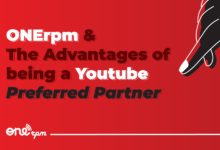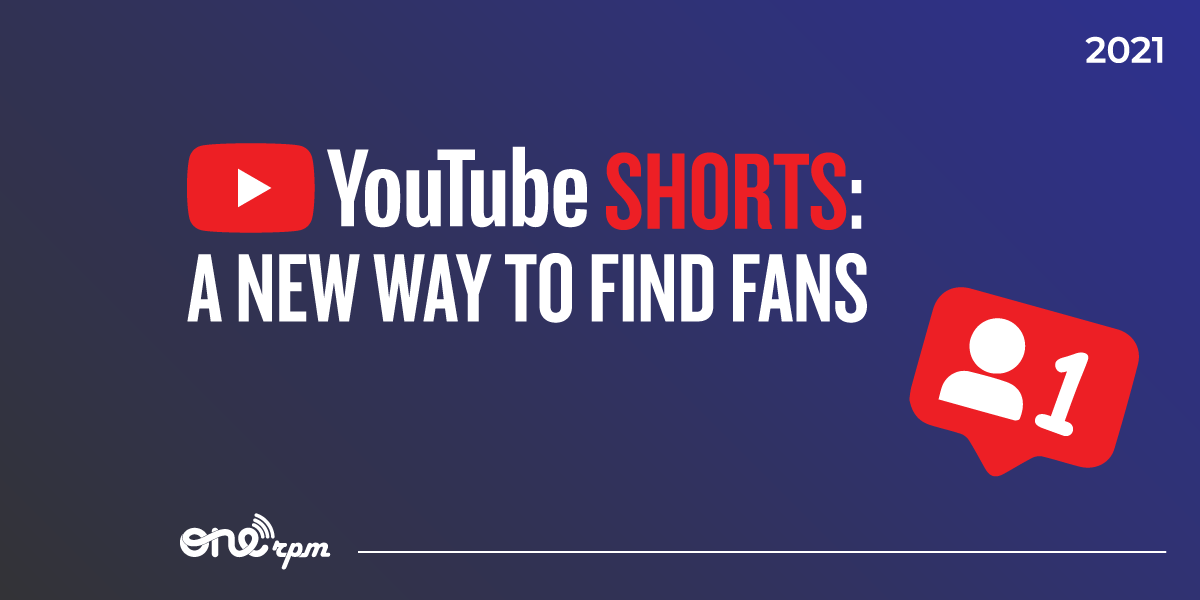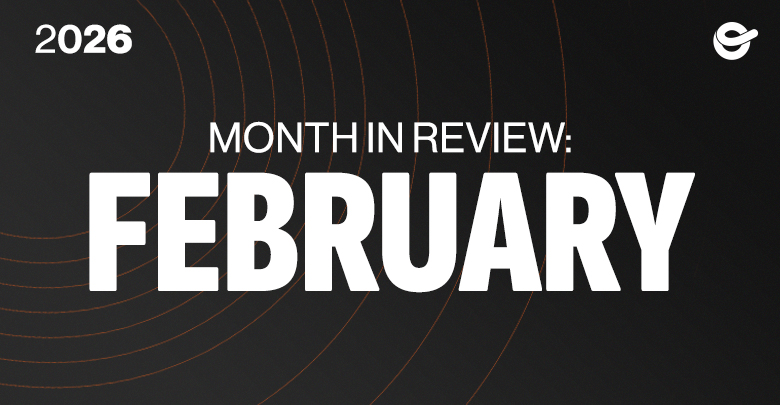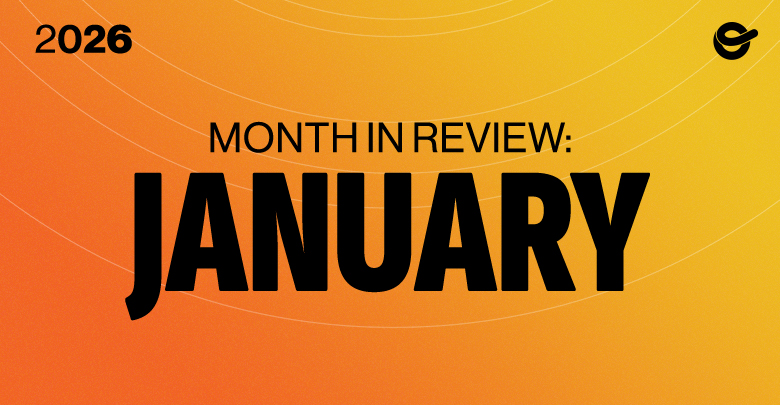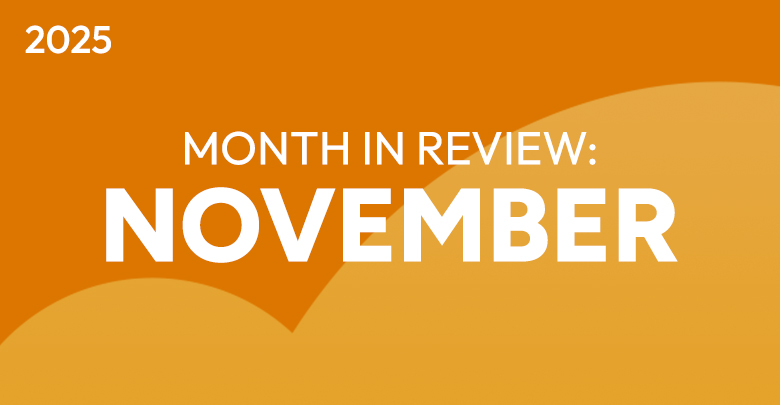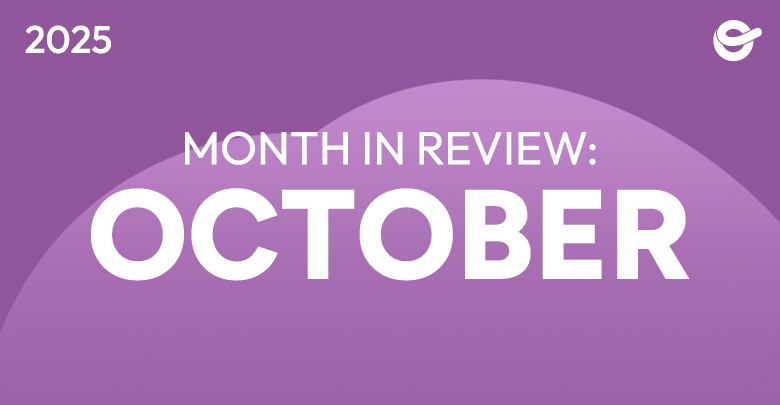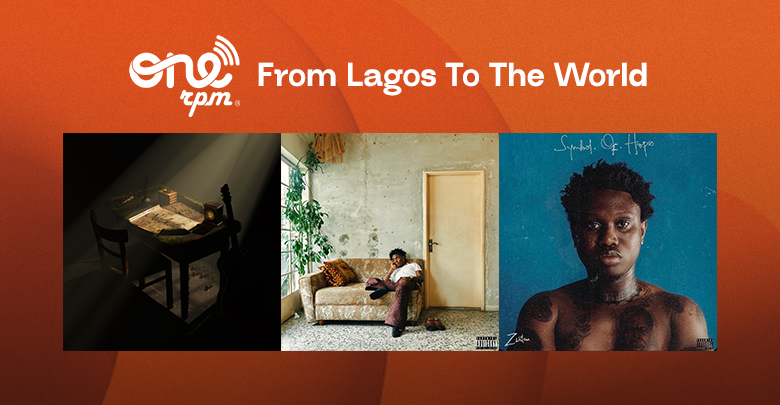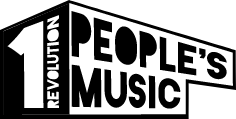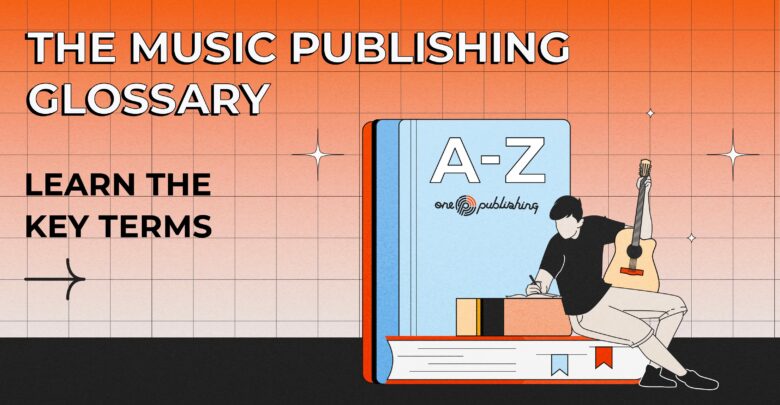
The Glossary of Music Publishers: Know the Key Terms
We know that the world of music publishing can be a bit complicated, especially when you start hearing technical terms and industry jargon. So today, we want to help you decipher this language, whether you are an emerging composer, an independent artist, or simply someone interested in the music world.
1. CMO (Collective Management Organization)
CMOs have a broader scope than PROs. They can manage various copyrights, including public performance rights, mechanical rights (reproduction of music in physical or digital formats), synchronization rights (use of music in visual media like movies and ads), and more.
2. ISRC Code (International Standard Recording Code)
The ISRC Code is a unique identifier for audio recordings and music videos. This code allows for precise tracking and management of each recording globally. The ISRC is crucial for rights management and royalty collection, as it uniquely identifies a specific recording regardless of where it is used.
3. ISWC Code (International Standard Musical Work Code)
The ISWC Code is a unique identifier for musical compositions. Unlike the ISRC, which applies to specific recordings, the ISWC is assigned to the musical work, i.e., the composition and its lyrics. This code facilitates rights management and royalty collection for composers and publishers worldwide, ensuring each work is correctly identified and remunerated.
4. IPI Code (Interested Parties Information)
The IPI Code is a unique identifier copyright organizations assign to composers, authors, and music publishers. This code tracks and manages the rights and royalties of rights holders worldwide. The IPI ensures that each interested party is correctly identified in the databases of PROs and CMOs, facilitating precise and efficient administration of their rights and royalties.
5. Black Box Royalties
Sometimes, royalties that cannot be attributed to a specific composer are stored in what is called a “black box.” With good management, these royalties can eventually be correctly attributed and paid to the composers. If this is your case, One Publishing can help. Our advanced technology ensures that your royalties are not lost and are claimed on time, and we identify where you are losing black box royalties, ensuring you receive what is rightfully yours.
6. Copyright
Copyright is the legal protection granted to creators of original works, such as songs. These rights give composers exclusive rights over the use and distribution of their written music. In other words, they protect a song’s melody, lyrics, and structure. Music publishers, like One Publishing, manage these rights, helping composers register their works, license their use, and collect royalties.
7. Master Rights
Master rights refer to a song’s original recording. These rights protect the song’s recorded version, not the composition itself. Unlike copyrights, master rights are usually managed by the record label or the artist who financed and made the recording.
8. Music Publisher
A music publisher, like One Publishing, administers the copyrights of a song on behalf of the composer. They are responsible for promoting your works, managing licenses, and collecting royalties. Think of them as your partner in musical success.
9. Royalties
Royalties are the payments you receive when your music is used in some way, whether in a movie, on the radio, on a streaming service, etc. There are different types of royalties: mechanical, public performance, and synchronization.
10. Mechanical Royalties
You receive these royalties every time a copy of your song is reproduced, whether in physical format (CDs, vinyl) or digital (downloads, streams).
11. Performance Royalties
Every time your song is played in public, whether on the radio, on television, or at a concert, you generate performance royalties. These royalties are managed by Performing Rights Organizations (PROs).
12. Sync Royalties
These royalties are generated when your music is used with visual media, such as movies, TV series, or commercials. These royalties are currently a very lucrative area of the music industry.
13. PRO (Performing Rights Organization)
PROs, like ASCAP, BMI, or SESAC, are organizations that collect and distribute public performance royalties on behalf of composers and publishers. They ensure you get your share whenever your music is played publicly. One Publishing is directly associated with PROs worldwide to collect your public performance royalties efficiently.
14. Licensing
Licensing is the process of granting permission to use your music in movies, ads, video games, etc. It’s an excellent way to generate additional income and give your work more exposure.
15. Composition Registration
Registering your compositions with a PRO/CMO is essential to ensure that your rights are protected and that you can collect all the royalties that belong to you. Thanks to our global agreements with various collection entities, registering through a publisher like One Publishing ensures a more effective and transparent collection.
16. Split Sheet
A split sheet is a document that details how the rights and royalties are divided among the co-writers of a song. It helps avoid misunderstandings and ensures that everyone involved receives their due share.
At One Publishing, we are passionate about helping creators understand and manage all these aspects so they can focus on what they do best: creating incredible music!




